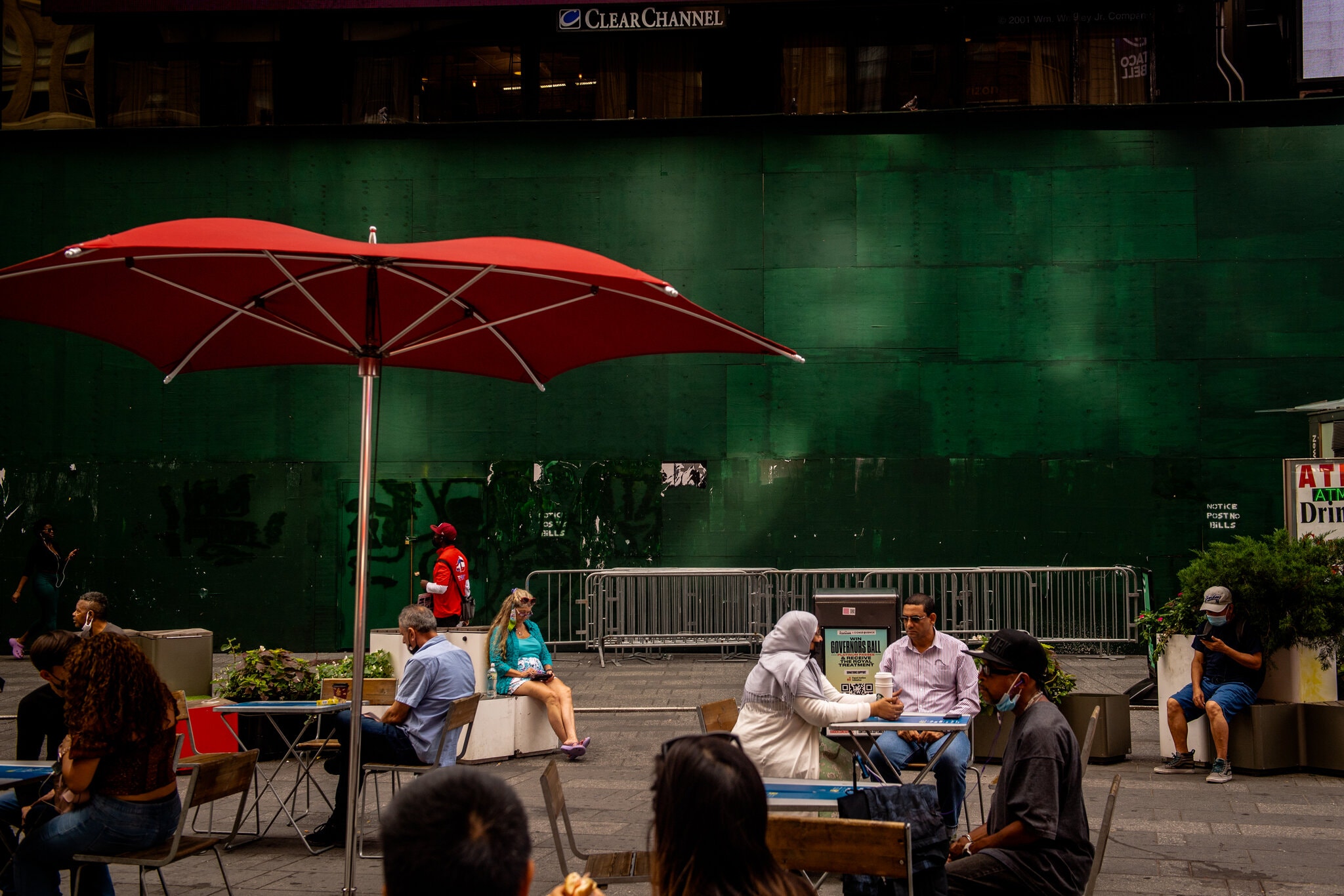A once-bustling Starbucks on the intersection of Eighth Avenue and 39th Street, in the heart of Manhattan’s garment sector, is now completely deserted. Dos Toros Taqueria, which debuted just three years ago and was located only down the street, has suddenly closed its doors. In addition, Wok to Walk, which used to offer hot pots of noodles combined with chicken and veggies to a busy lunch throng, has closed its doors as of December 31.
The Delta variant of the coronavirus has caused many businesses to postpone plans to return employees in large numbers. However, workers who have been trickling back into Midtown are finding that many of the places they used to go for a quick cup of coffee and a muffin in the morning or a sandwich or salad at lunchtime have vanished. There are a handful of establishments that are open, although they are operating at restricted hours or with limited menu options.
Restaurants, coffee shops, clothing stores, and other businesses in New York City battled to remain afloat as a result of the epidemic that forced millions of office workers to stay at home for more than a year.
According to the Center for an Urban Future, a non-profit research and policy organisation, the number of chain stores in Manhattan — which includes everything from drugstores to clothing retailers to restaurants — will have decreased by more than 17 percent by the end of 2020 compared to the previous year.
The amount of accessible ground-floor businesses in Manhattan, which are usually reserved for popular restaurants and retail stores, has increased dramatically in recent years. According to a study by the real-estate company Cushman & Wakefield, approximately a quarter of the ground-floor shops in Lower Manhattan are available for rent, with nearly a third of the storefronts in Herald Square being available for rent.
Since March of last year, Starbucks has permanently shuttered 44 of its locations in New York City. Despite the outbreak, barely half of the 60 Pret a Manger stores in New York City have reopened since the epidemic began. There have been a significant number of closures of delicatessens, independent eateries, and smaller local businesses.
Despite this, some businesses are taking precautions since there is so much uncertainty about when workers will be able to return to their Midtown offices in full. Before the epidemic, the coffee business Bluestone Lane had ambitious ambitions to expand into Manhattan, and the company is currently looking at possible sites in Midtown Manhattan. However, it has recently shifted its emphasis to establishing locations in more residential areas like as Battery Park City, Hudson Yards, and Tribeca, among others.

